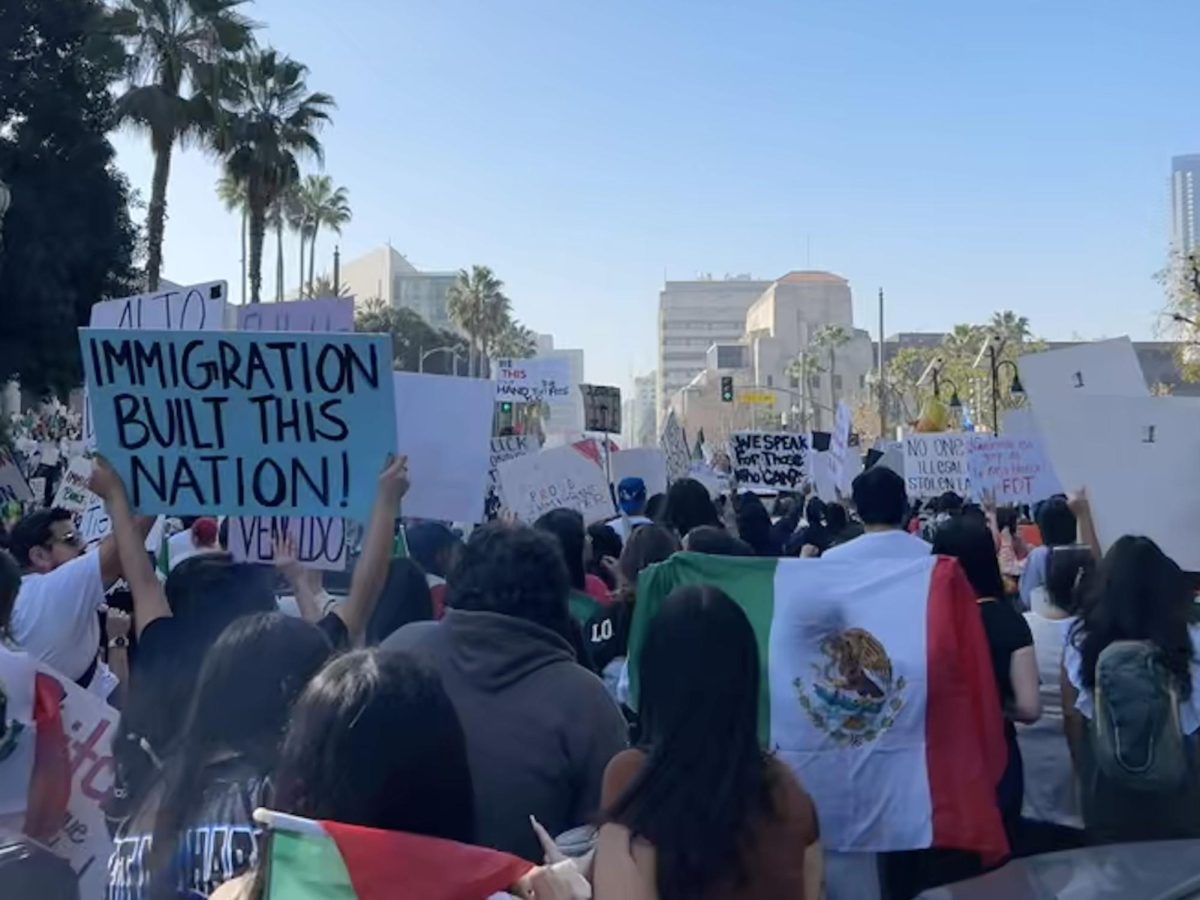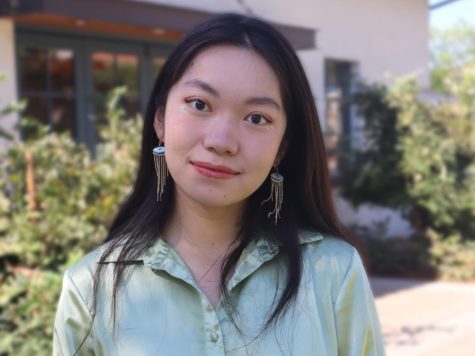If you scroll down Britney Spears’ twitter, you will find videos of her traveling, horseback riding, cartwheeling, trying out different fashion, and, of course, a pinned post of #FreeBritney activists celebrating Britney’s newly announced freedom in a sea of bright pink signs and confetti.
The #FreeBritney movement is a grassroots movement that emerged on the internet with the goal of terminating Britney Spears’ conservatorship. For almost 14 years, Britney was denied basic human rights and exploited for profit under a probate conservatorship designed for incapacitated individuals. Under the conservatorship, Britney lost her constitutional rights to liberty, property, due process, and trial. As a pop legend, Britney Spears could not even make the smallest daily decision without her father and conservator Jamie Spears’ permission.
In the thick of the pandemic, however, the #FreeBritney movement gained traction both online and in real life: #FreeBritney content went viral on social media, and activists flew from all over the world to join rallies to support Britney. With persistent effort and adaptability, #FreeBritney activists waded through the corrupt justice system and entertainment industry where millions of dollars were at stake for a network of abusers, eventually ending Britney’s conservatorship on November 12, 2021.
Britney was free. Mission accomplished. But the movement was only the beginning of a larger cultural and legislative shift.
This March, I participated in the #FreeBritney Unbounded program hosted by Mr. Szanyi, head of VWS dorm council, Dr. Salibian, visiting scholar, and Ms. Tappan, student counselor. We had the honor to speak to Britney fans and #FreeBritney activists Kevin Wu and Leanne Simmons, who shared how Britney lost her freedom, their experience as fans and activists, and how the movement has evolved.
“This had gone on for 13 years: nothing had changed because there wasn’t enough pressure to change anything,” Leanne Simmons said. Besides Britney’s greedy, heartless conservatorship team, the conservatorship persisted due to two reasons: the sexist public perception that Britney was a “crazy woman” who needed to be protected, and a lack of knowledge of the systemic flaws of the conservatorship.
The conservatorship was established in 2008 after Britney’s highly publicized breakdown. Now, looking at Britney’s mental struggles through post-#MeToo lens, Britney was a victim of the constant pursuit of the media, which speculated about her virginity and shamed her sexuality from the get-go, and the public expectation of her to fit into a strict “American sweetheart” mold. Under these misogynist notions, society accused Britney of going “crazy” for doing anything remotely unruly.
“I didn’t even know about the conservatorship,” Priscilla Centeno (‘24) said. “No one has been talking about her conservatorship until last year. The only thing I heard about her was when in middle school, I had a teacher tell me Britney Spears was such a good young lady, and then she shaved her head and went crazy.”
It was at this time that Britney’s father Jamie Spears, who has been absent for most of her life, stepped in to establish the conservatorship. In the following years, Jamie Spears and a team of lawyers, business managers, and security took away Britney’s freedom, justifying the conservatorship as a “hybrid business model,” and blatantly used her for profit.
This was made possible by taking advantage of the public’s lack of knowledge regarding conservatorships.
“They did a very good job of selling us this narrative of the conservatorship,” Kevin Wu said. “I didn’t understand what a conservatorship was. I just knew, like a lot of people, that in 2007, Britney was driving around being chased by the paparazzi, and then in 2008 they got Britney away from the paparazzi and back on stage. They weren’t telling us that she had no freedom and was stripped of her civil rights for that to happen.”
From 2008-2021, Britney was forced to work while unlawfully confined and isolated.
But everything began to change when the fan-led podcast Britney’s Gram received an anonymous voicemail from a paralegal exposing Britney’s suffering under the conservatorship. At this time, many fans already speculated if Britney was held against her will, and this insider message empowered them to join force and unravel the intricate networks of corruption bit by bit.
Activists began collecting information, including the strangeness in Britney’s posts and the financial discrepancy in her business documents, and compiled a timeline of Britney’s conservatorship later used by New York Times filmmakers and researchers.
“Let’s show the media,” Leanne Simmons said. “Let’s start to be the ones guiding the media.” As activists laid down the facts, the true story of control and exploitation emerged and replaced the misogynist narrative — a perfect modern example of direct information and grassroots journalism.
Beyond terminating the conservatorship, the movement has facilitated conversations about misogyny and media consumption, raised awareness of the conservatorship abuse, and fought for disability rights laws.
“I’m very proud that we’re partnering with disability rights organizations to tackle legislation,” Kevin said. “Because the very concept of conservatorship relies on ableist notions that there’s a certain class of people who need their rights taken away from them under the guise of protection.”
If Britney Spears, the multimillionaire star can go through this under the public’s nose, what about other vulnerable people that were being taken advantage of because of systemic flaws?
We know many sides of Britney: the sweet, quirky American girl, the pop legend whose music still sounds incredibly fresh today, the “crazy woman” framed by toxic tabloids, and Mr. Szanyi’s favorite artist. But perhaps it is time to recognize her as the face of a grassroots movement that has gone far beyond freeing her alone. As the movement went from #FreeBritney to #FreedBritney to #JusticeForBritney, the conversations it started about human rights, disability rights, reproductive rights, feminism, conservatorships, and ethical media consumption will continue to grow.
Britney is freed, but the movement is far from over. Like Britney’s lyrics from “Stronger,” “I’m stronger than yesterday. Now it’s nothing but my way.”


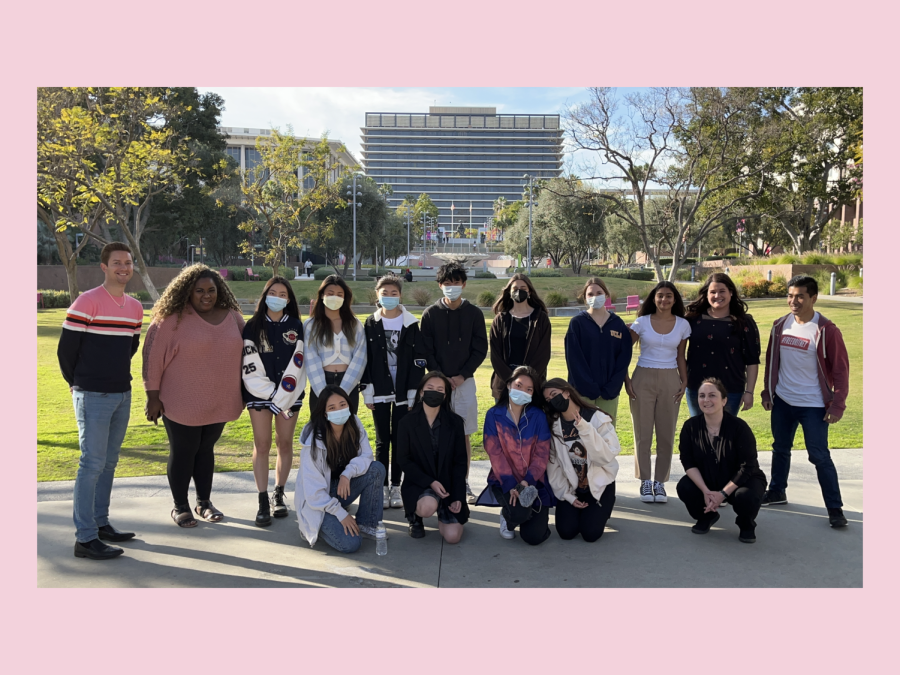

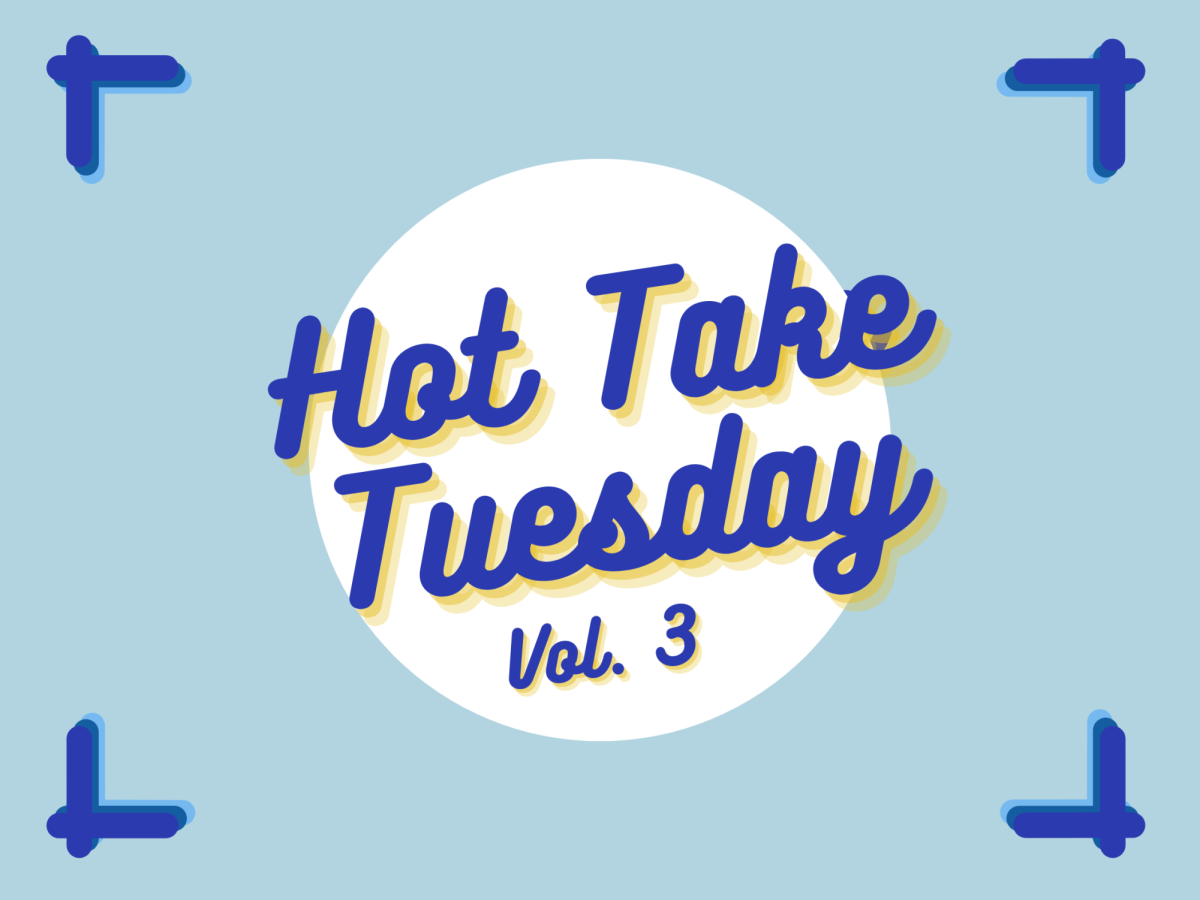

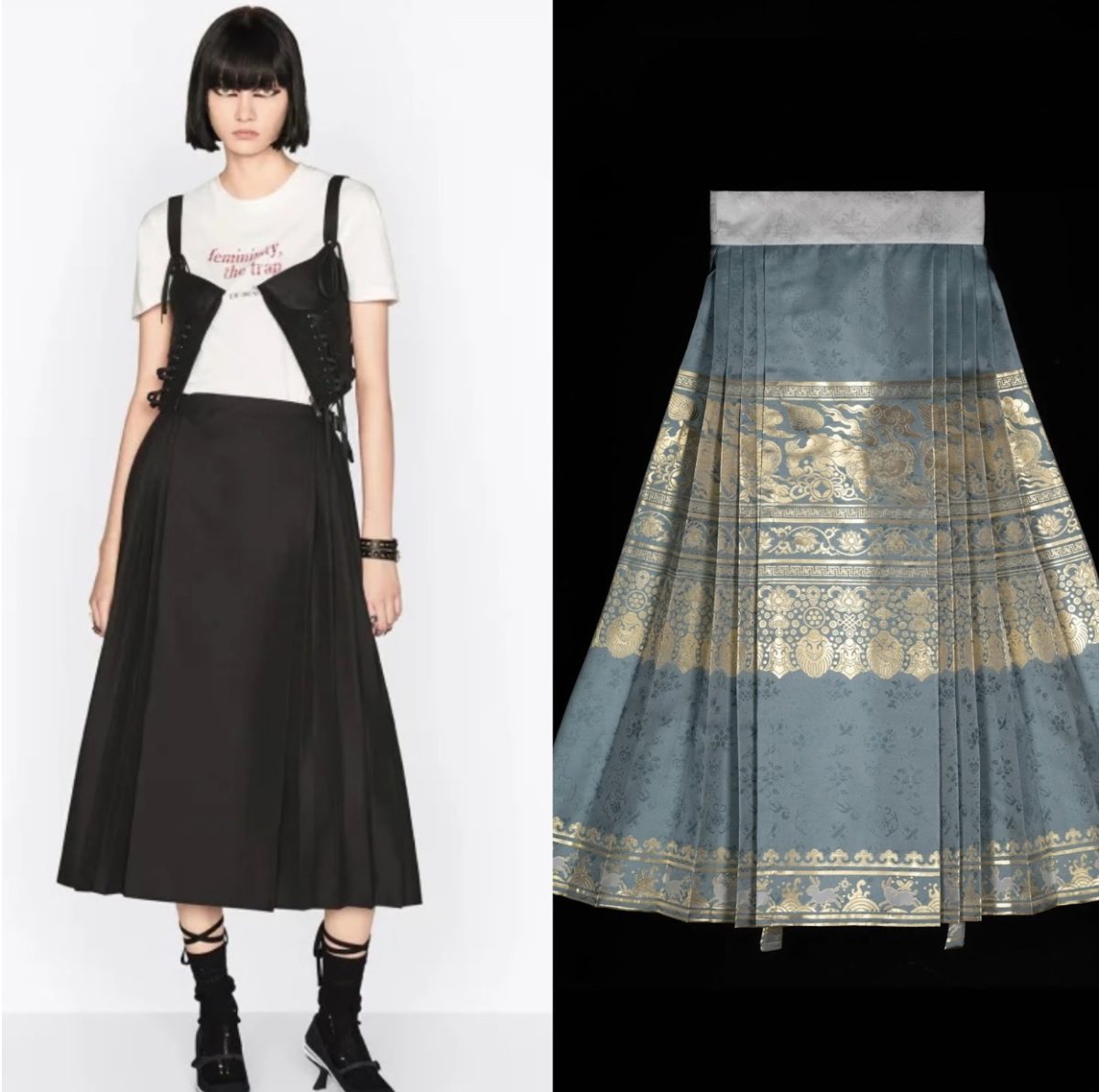





![Many Webb students spend their free time in the library watching a popular TV show like Riverdale and Euphoria. “Based off what I’ve seen, like in Euphoria, because the actors are older, they don't showcase an actual high school life properly,” Sochika Ndibe (‘26) said. “Since [the actors] are older [and] playing a teenager, from a girl’s perspective, it is going to make you think you should look more developed at a young age.” The actor, who plays Veronica Lodge, was 22 years old at the time of filming.](https://webbcanyonchronicle.com/wp-content/uploads/2025/03/Antecol-Media-affects-how-society-functions-graphic-1200x900.png)

